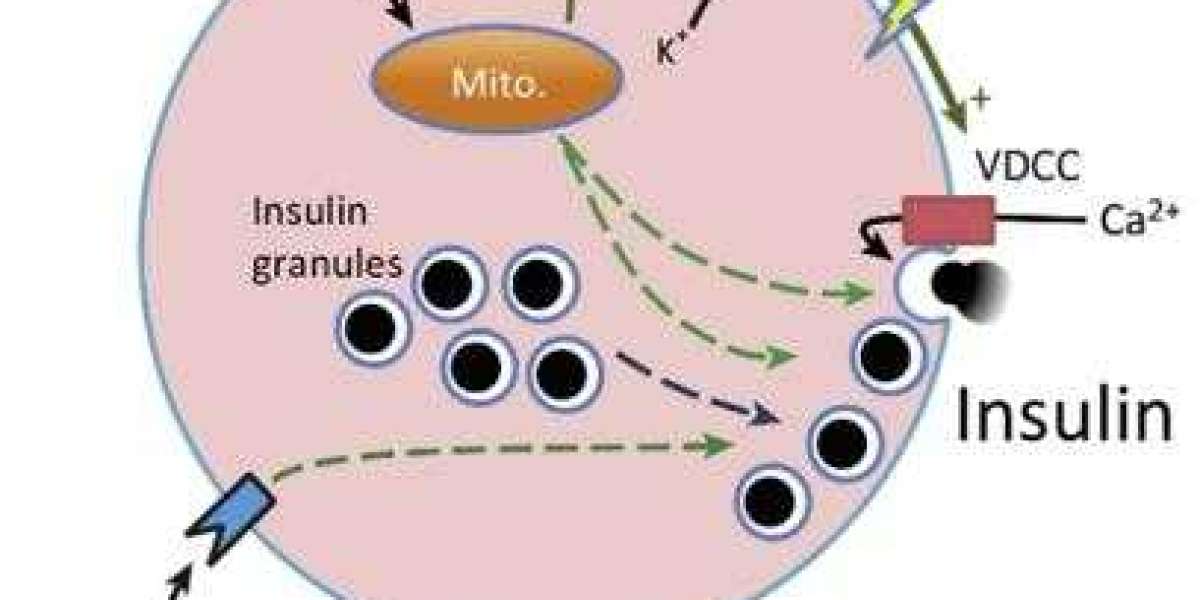Diabetes mellitus is a chronic, systemic, metabolic disease caused by the long-term combination of genetic factors and environmental factors, characterized by increased plasma glucose levels, mainly due to insufficient insulin secretion or dysfunction in the body (insulin resistance). The disorder of sugar, fat and protein metabolism caused can affect normal physiological activities and manifest as a variety of acute and chronic complications.
Classification of Diabetes
Diabetes is a chronic (long-lasting) health condition that affects how your body turns food into energy. When blood sugar goes up, it signals the pancreas to release insulin. The main diabetes types include type 1 diabetes mellitus (T1DM), type 2 diabetes mellitus (T2DM), gestational diabetes (diabetes while pregnant) and other special types of diabetes (the diabetes caused by all causes except T1DM, T2DM and GDM).
Complications of Diabetes
All forms of diabetes increase the risk of long-term complications. The serious harm of diabetes is to cause many complications, including infectious diseases, atherosclerosis, microvascular disease, neurological complications and so on. The number of diabetes related deaths worldwide is about 1.5 million per year. It can be seen that diabetes is an area worthy of in-depth research, and more pathological research and therapy development are still needed.
Advances in Diabetes Therapies
Recombinant insulin and insulin analogs are the main drugs for clinical treatment of diabetes. In addition, there are new treatment methods such as islet/pancreas transplantation, cell and gene therapy, but the technical methods are cumbersome and need to solve problems such as immune rejection.
Distribution of RD Companies
The global research and development of diabetes treatment drugs is mainly dominated by multinational pharmaceutical companies. They are mainly Novo Nordisk, Eli Lilly, Medtronic, Sanofi, Roche, Johnson Johnson, Korea INFOPIA, Abbott, Panasonic Healthcare, France Biotech company ADOCIA, etc.
RD Trends
There are nearly 3,000 diabetes treatment drugs in all stages of global research and development (including under development, suspension, withdrawal, and termination), of which about 1,500 are for T2DM and about 400 are for T1DM. And a small number of drugs are used for the treatment of special types of diabetes, such as gestational diabetes, latent autoimmune adult diabetes, etc.
The Drugs in Clinical Research
In addition to hypoglycemic drugs such as metformin, which are already widely used in treatment, the field of diabetes research continues to explore therapies. Recombinant insulin and insulin analogs are the main drugs for clinical treatment of diabetes. There are some immunotherapy drugs in clinical research for diabetes.














